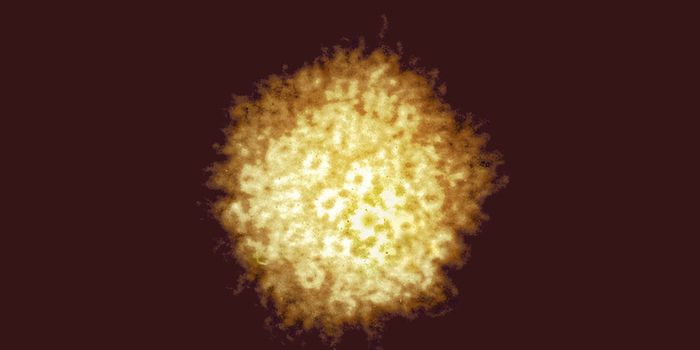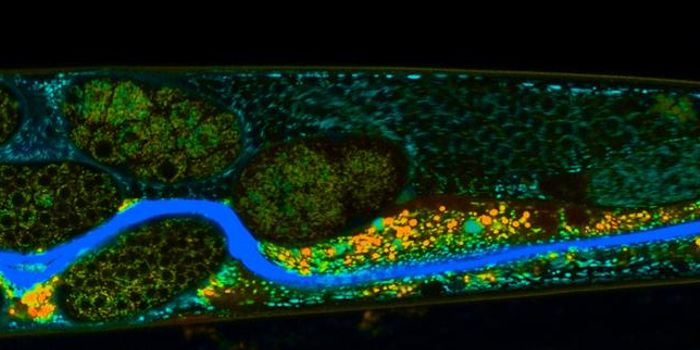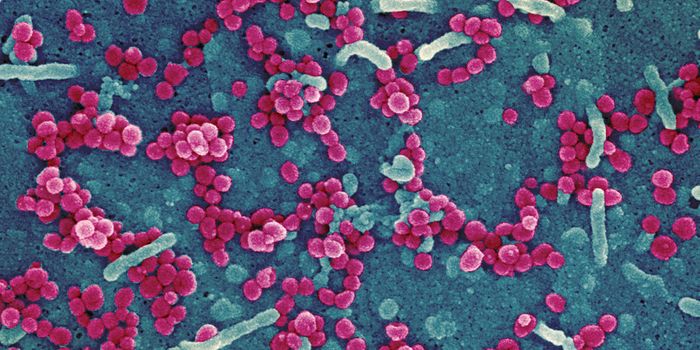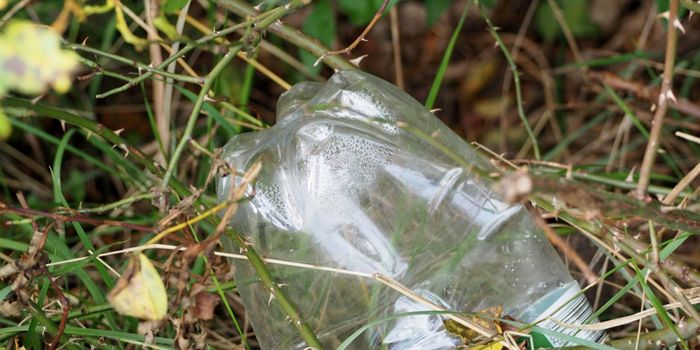COVID-19 Linked to Hemorrhages in Fetal Brains
Research has shown that when fetuses and pregnant women are exposed to viruses, there is an increased risk of neurological consequences for the child. When the immune system is activated during pregnancy, it can raise the likelihood of autism, schizophrenia, or neurodevelopmental disease in offspring. Scientists have now identified small hemorrhages in fetal brain tissue samples that were collected during the COVID-19 pandemic in the UK. The virus that causes COVID-19, SARS-CoV-2, has not been shown to be the direct cause of these tears, and the consequences are not yet known. But the study authors have cautioned that neurological development may be affected in children who were exposed to the virus in utero, and more research should be conducted to determine what the outcomes may be. The findings have been reported in the journal Brain.
For this study, the scientists obtained 661 samples of human fetal tissue that was donated from volunteers between July 2020 and April 2022. Most of the samples were from the late first or early second trimesters of pregnancy, which is also when the blood brain barrier is forming in the fetus, and the endothelial cells of blood vessels in that barrier are generating tight junctions. There were 26 samples with hemorrhaging, and SARS-CoV-2 was confirmed to be present in all of these samples.
In the samples with hemorrhaging, blood vessel integrity was found to be disrupted compared to samples that were not infected with virus; that loss of integrity could explain why the tears were observed.
"While hemorrhages do occasionally occur in developing brains, it is extremely unusual for there to be this many instances within a 21 month period. It is now of the utmost importance that we follow up with children that were prenatally exposed to COVID-19 so that we can establish if there are any long-lasting neurodevelopmental effects," said corresponding study author Dr. Katie Long, of the Institute of Psychiatry, Psychology & Neuroscience (IoPPN) at King's College London.
Whether the hemorrhaging is caused directly or indirectly by the virus, it highlights the importance of vaccination against COVID-19 for moms and their babies, noted Professor Lucilla Poston CBE, a Professor of Maternal & Fetal Health at King's College London.
"While we haven't yet been able to establish clear causation, we certainly feel that it highlights a need for expectant mothers to take extra precautions at a time when cases are on the rise," added Long.
Sources: King's College London, Brain









